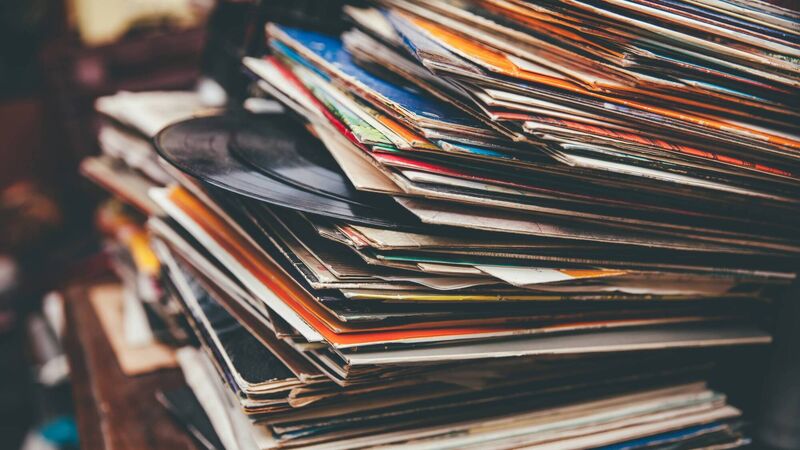Tom Dunne: The deeply personal record collection that stopped me in my tracks

'I felt like a child on Christmas morning... There were some albums I’d wanted for years — key releases and towering work'
Once, for the purposes of daytime radio, I had to interview Eddie Izzard. What’s unusual about this is that I did the interview in a wheelchair. I’d signed up to spend 24 hours in a chair to raise awareness of how incredibly difficult it is. Then, at short notice and only a few hours in, we were offered an interview with Eddie, at his hotel.
It was decided that I had to stay in character. A real wheelchair user cannot decide when and if they use the chair. So, a wheelchair-friendly taxi was booked and the now arduous journey to his hotel room began. The interview was great. And as regards the chair, he didn’t ask and I didn’t say.





